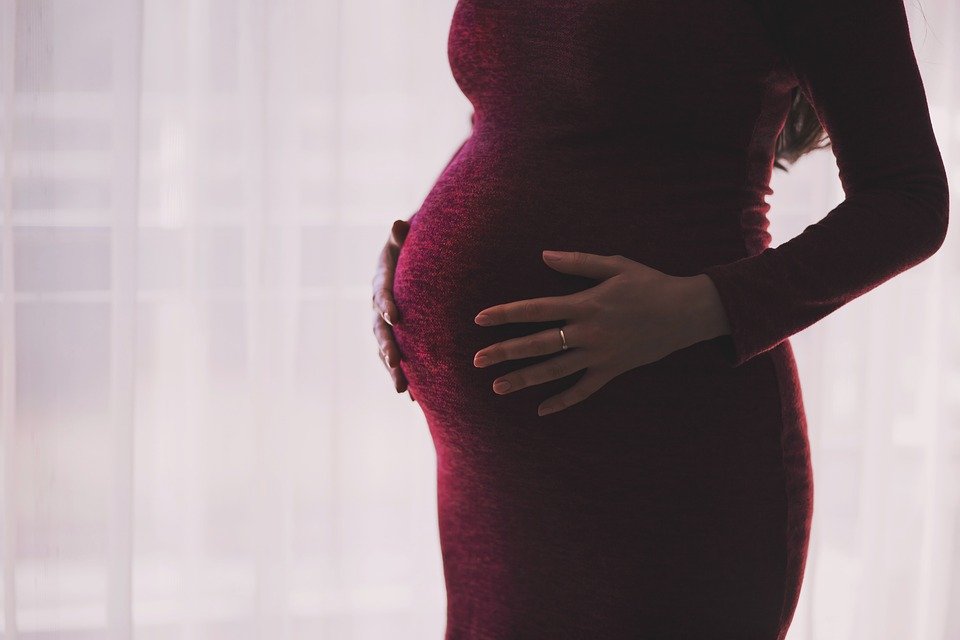
Can public health campaigns damage women?
What’s happening? The World Health Organization (WHO) draft Global Alcohol Action Plan has drawn criticism due to its suggestion that pregnant women and women of childbearing age should be discouraged from drinking. British Pregnancy Advisory Service (BPAS) Chief Executive Clare Murphy said the plan puts women’s rights at risk by aiming to control their bodies and their choices. It would also reduce women to “little more than their reproductive capabilities”, she added. The charity also took issue with the language of the draft saying it would worsen anti-abortion rhetoric. It calls for the WHO to urgently review the document. (The Independent)
Is this a ban? The draft stated that “appropriate attention should be given to… the prevention of drinking among pregnant women and women of childbearing age”. This was widely interpreted as a ban on alcohol consumption for this group of people, leading to accusations of sexism and that the statement was unscientific.
In response, a statement from the WHO said the draft was not suggesting total prohibition of alcohol consumption in women of reproductive age, which it defines as between 15 and 50-years-old. Rather, it seeks to raise awareness of the potential serious harms that could arise from drinking during pregnancy, including if it is unknown.
Public campaigns are still sexist – It’s worth noting this is the first draft, so the language may change in future versions before the plan is finalised. But other recent public health campaigns have also been accused of sexism and gender stereotyping, leading them to withdraw messaging. For example, in January, the UK government retracted a poster encouraging the public to stay at home during lockdown after it was heavily criticised for depicting women as the only people doing childcare and housework.
The government of Seoul also came under fire earlier this year for an online guide for pregnant women that suggested they prepare food, clothes and other necessities for their children and husbands before going to hospital to give birth. It also provided dubious tips on weight management and warned against spending too much money on children’s clothes. The guide has since been deleted, and the government said it would review other city-related websites and educate its staff on gender equality.
Negative impact – An interesting point to consider here is – according to the United Nations – South Korea has the lowest birth rate in the world, something it is attempting to reverse. Sending the message that women need to sacrifice their lives to take care of adult men and children hardly encourages them to want to start a family.
Backward step – What’s more concerning about the language used in the WHO document is how it could be interpreted in places where abortion is banned or almost impossible to access. Would this lead governing bodies to ban women from drinking in this age group regardless of how the plan evolves? If that were the case, women’s rights would take a giant step backwards, to the detriment of their mental and physical health.


